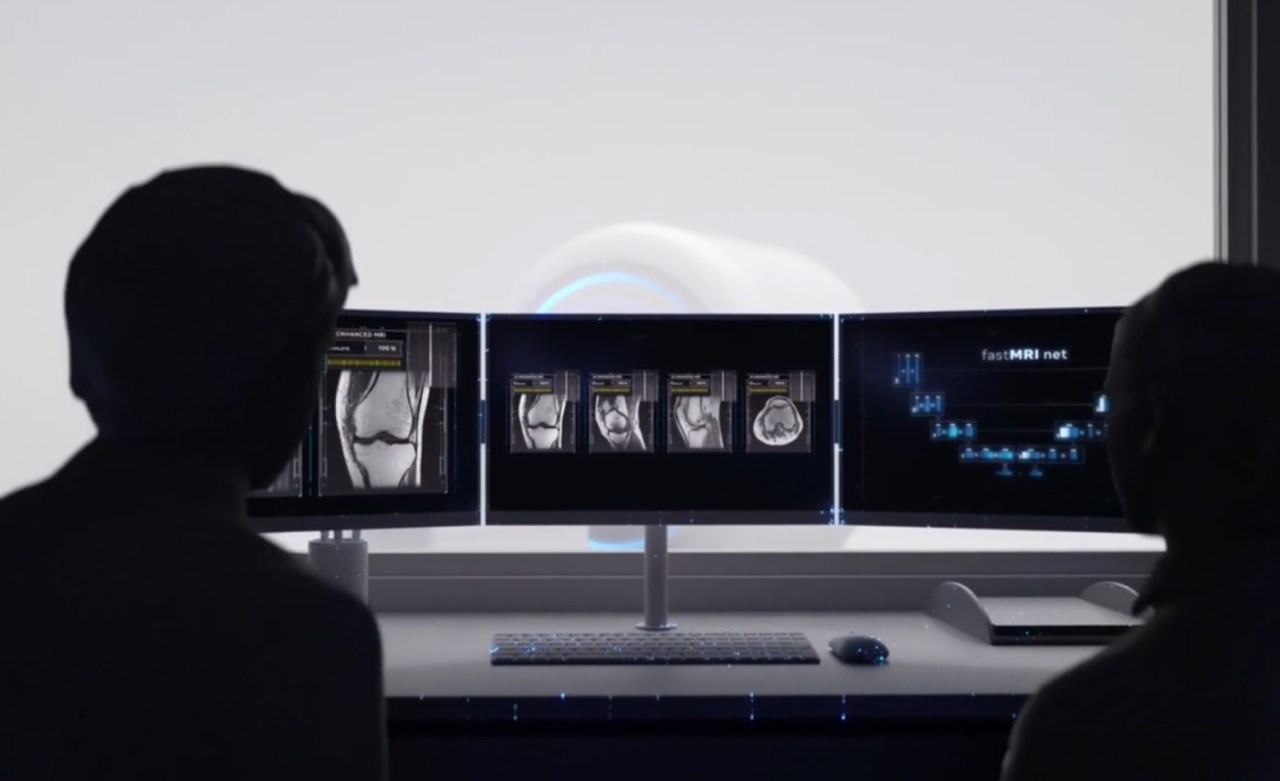The world of medical imaging is undergoing a dramatic transformation, thanks to advancements in artificial intelligence (AI). A recent landmark study has shown that AI-enhanced MRI scans can match or even exceed the quality of traditional MRIs, while dramatically reducing the time it takes to produce them. This breakthrough could improve patient experiences, streamline hospital operations, and significantly cut costs. Let’s delve deeper into this fascinating development, exploring both its science and its implications.
The Collaborative Birth of FastMRI
Initiated in 2015 at New York University (NYU), the FastMRI project is a shining example of interdisciplinary collaboration. In 2018, the expertise of Facebook AI Research (FAIR) was brought into the fold, combining medical imaging prowess with advanced AI modeling. This partnership shows how different sectors can unite to tackle complex healthcare challenges. They identified that traditional MRI scans could be time-consuming—often ranging from 15 minutes to an hour—causing discomfort for patients who must remain still in uncomfortable machines.
Understanding the Concept: Cutting Through Redundancies
The core principle behind FastMRI is elegantly simple: a significant portion of data collected during an MRI can be redundant. By feeding an AI model with sufficient existing data, researchers hypothesized that the AI could effectively “fill in the gaps.” This approach allows the scans to proceed with about 75% less initial data collection. As a result, the speed of generating clear images is substantially enhanced.
The Results of the Blind Test
In a meticulous blind study, expert radiologists compared traditional MRI images with AI-generated images. Unbeknownst to them, the latter had been produced using far less raw data. The findings were revealing:
- Radiologists reported no significant differences in the abnormalities detected in both types of scans.
- A majority of the radiologists preferred the quality of the AI-accelerated images over the traditional ones.
- Interestingly, only one radiologist could reliably distinguish which images were AI-generated, showcasing the fidelity of the AI’s output.
The Science Behind the AI Advantage
What contributes to the enhanced quality of AI-generated MRIs? According to Larry Zitnick from FAIR, the AI is trained on extensive databases that encompass typical anatomical structures, such as knees. This training enables the algorithm to reduce noise and enhance identifiable patterns—improving the clarity of the resulting images. As the AI constructs these images, it adeptly minimizes artifacts and noise, yielding clearer interpretations that align with human anatomical norms.
Implications and Future Directions
While the results are promising, this study currently focuses on knee scans. However, the potential applications extend to other areas such as brain imaging, which will be the next target for AI enhancements. The research team is optimistic about the prospect of this technology going mainstream and being readily available in clinical settings.
The Road Ahead
As we move forward, embracing AI technologies in MRI scans could lead to a multitude of benefits:
- Reduced wait times for patients seeking diagnostic imaging.
- Lower costs for medical facilities without sacrificing quality.
- Faster turnaround for radiologists, enabling them to manage larger patient volumes.
This shift could significantly enhance the efficiency of healthcare delivery systems and improve patient comfort and accessibility.
Conclusion: A Bright Future in Medical Imaging
The strides made through the FastMRI project underscore the importance of collaboration between medical and technological fields. By harnessing AI, we stand on the brink of a new era in medical imaging, where quality and speed can coexist to deliver better patient care. At fxis.ai, we believe that such advancements are crucial for the future of AI, as they enable more comprehensive and effective solutions. Our team is continually exploring new methodologies to push the envelope in artificial intelligence, ensuring that our clients benefit from the latest technological innovations.
For more insights, updates, or to collaborate on AI development projects, stay connected with fxis.ai.

